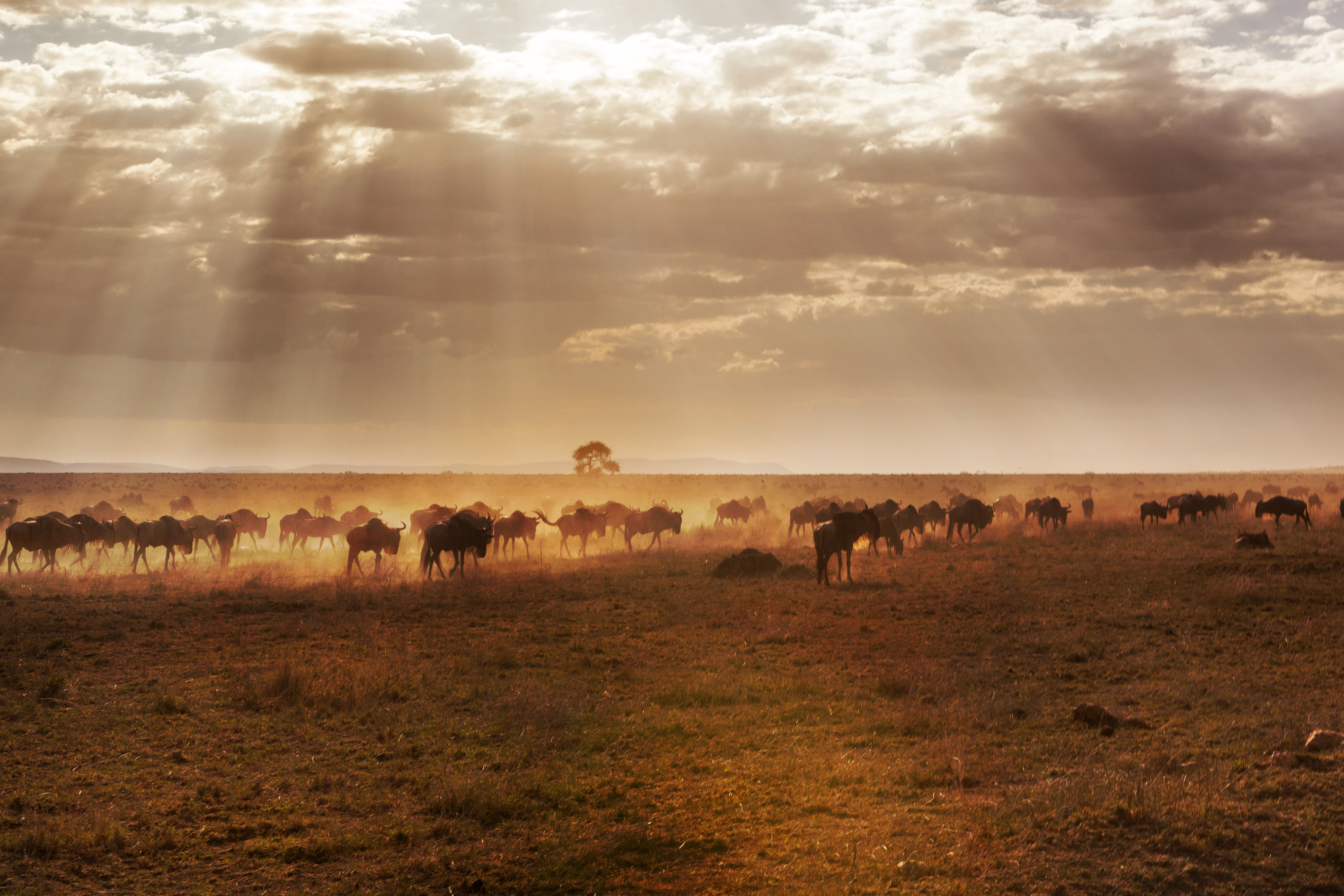Tanzania’s trophy hunting is historically complex, stemming from colonial policies that marginalized local communities and created distrust in conservation. While the global anti-hunting movement often criticizes it, regulated hunting in Tanzania generates crucial revenue for conservation and community development. Managed sustainably with local involvement, it can incentivize wildlife protection, control populations and reduce human-wildlife conflict. Addressing historical injustices and prioritizing local voices are essential for effective and equitable conservation in Tanzania, where ethically conducted trophy hunting can be a valuable tool. Open dialogue that acknowledges the issue’s complexities is crucial for creating a sustainable model that benefits both wildlife and local people.

